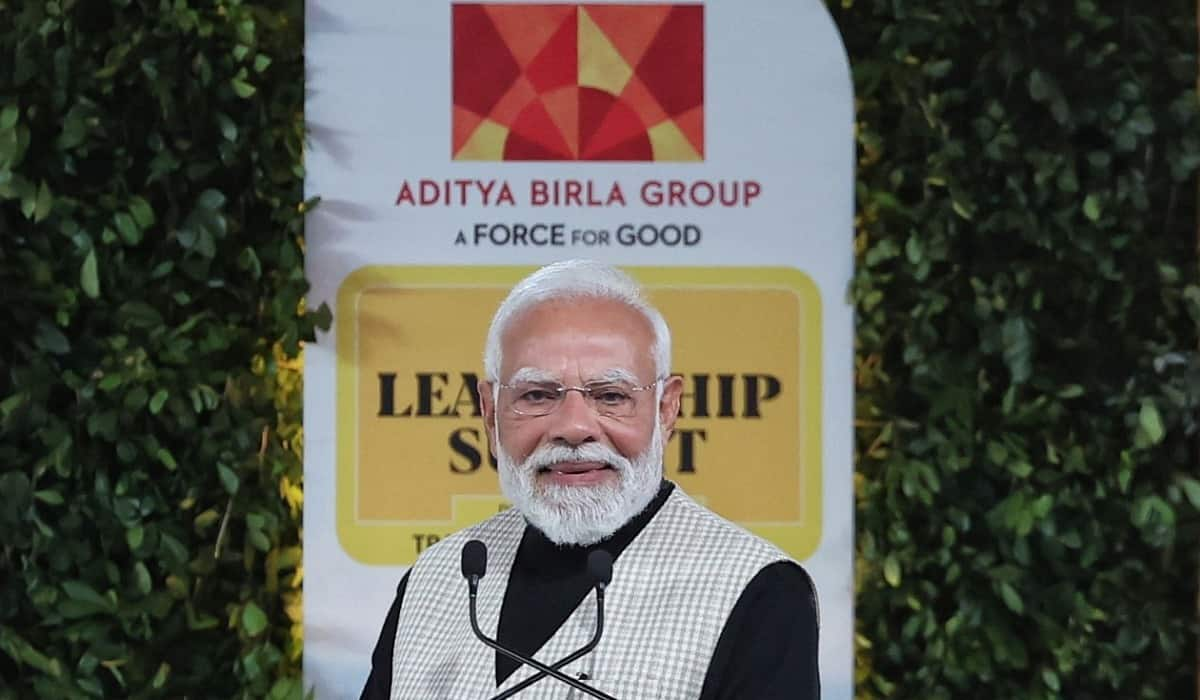Dear Friends,
26th January 1950 was a very special day in the life of our nation. It was the day we gifted ourselves one of the most elaborate Constitutions in the world. Under the stewardship of Dr. Babasaheb Ambedkar we enshrined in the Constitution our ideals, values and aspirations. This year we also mark the 60th anniversary of the first General Elections in independent India. Right from the beginning we showed the world that we were not only a vibrant democracy but also one that diligently followed the principle of Universal Adult Franchise. It took Britain centuries after the signing of the Magna Carta and a series of Reform Acts to embrace twin principles on ‘one man one vote’ and ‘one vote for all’. USA conferred voting rights to women in the early 20th century and to African Americans as late as 1964! Due to the foresight of our forefathers in the Constituent Assembly our democracy was considerably evolved and totally equitable from the very beginning.

It is, however, a matter of great concern that the federal structure of our Republic has come under increasing strain, contrary to the spirit of our Constitution, merely to suit the whims and fancies of the rulers inDelhi. What we are witnessing today is the systematic disruption of our country’s federal structure both in letter and spirit. A Republic such as ours cannot be run in the form of a family run corporation - it will simply lead to chaos and destruction.
The systematic onslaught on the federal structure has taken various forms. It is most unfortunate that the Centre has shown tremendous weakness in areas where it must show maximum courage. The country is suffering due to the menace of Naxalism and terrorism but the Centre has been delaying key initiatives that would be beneficial. The Gujarat Assembly thrice passed the GUJCOC bill but the Centre has kept it waiting for four years now. This despite the fact that law and order is a matter clearly in the State List. What better to expect from a Government that thrives on the evil of votebank politics?
Paradoxically, the rulers in New Delhi have repeatedly flexed their muscles in areas where they should ideally be friendly and co-operative with the states. In order to do so, they have not sparred any Constitutional office. There are many instances of non-UPA states being targeted through the office of the Governor. Several other bodies are also being misused by the Centre to weaken the states ruled by the Opposition in order to score political brownie points. Chief Ministers are not consulted on crucial appointments. Rather, appointments are being thrust down violating the spirit of the laws of the land.
Prime Minster Indira Gandhi appointed the Sarkaria Commission which called for a mechanism of consultation between the states and the Centre on matters pertaining to the Concurrent List. But even decades after these reports were submitted their recommendations have not seen the light of the day. The Communal Violence Bill was conceived by the NAC without consulting the states. It does not matter to those in power that such bills will destroy the peaceful fabric of India. These issues can be dealt better if the states are consulted and allowed to handle it themselves.
There is even larger destruction of the federal structure in fiscal areas. In the name of ‘public good’ or ‘people’s rights’, more and more funds are making their way to New Delhi. The Finance Commission allocated substantially lesser resources to the states keeping a lion’s share of funds with the Centre. The Centre has become adept at passing populist schemes but there is no financial support given to the states for their execution. Adequate central funds are not an obligation from New Delhi but the right of every state to pursue development.
Today our economy is weak and the country is reeling under the ill effects of rampant hunger and price rise but the Centre has even played politics in this. To uncover stored food grains, raids were launched across the country but most of them were in non-UPA states even though UPA rules some of India’s largest states and those that witnessed highest farmer suicides in recent times!
These concerns I am sharing today are not only as a Chief Minister but also as a common citizen of India. Why is it that Chief Ministers cutting across party lines are expressing serious apprehensions on these repeated attacks on India’s federal structure? It is high time the Centre realizes that giving to the states what rightfully belongs to them will not weaken the Centre. The states must co-ordinate with the Union Government and not remain subservient to it. Co-operative and not coercive federalism must be the norm in our country.
Friends, I take this opportunity to extend my good wishes on the occasion of Republic Day. On this day, let us all resolve to shape a real federal India, which will embody the real spirit of ‘Unity in Diversity’. Let us all work towards realizing Gandhiji’s dream of Surajya with the mantra of ‘Sabka Saath, Sabka Vikas’. This is the most fitting tribute to the makers of our Constitution.















